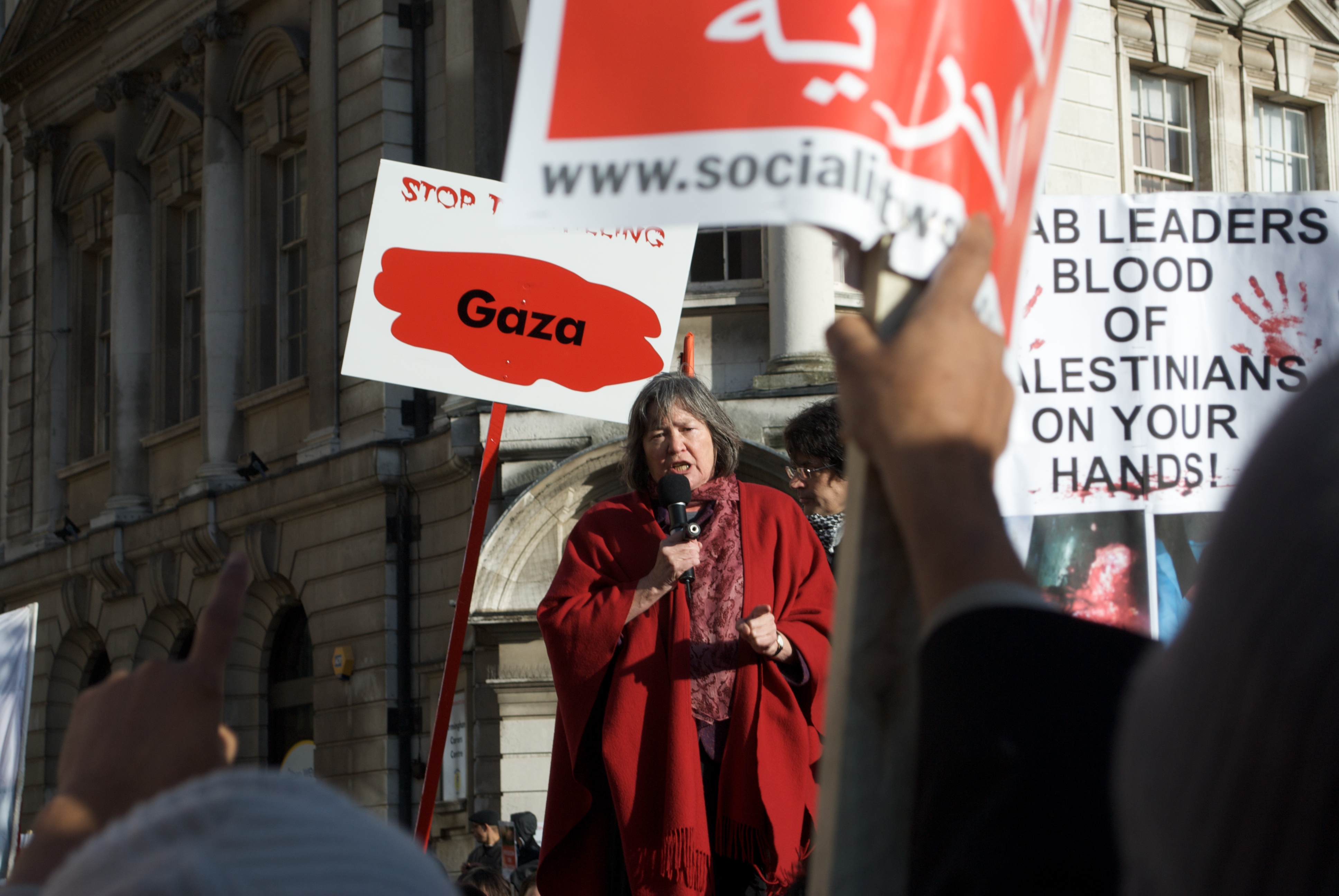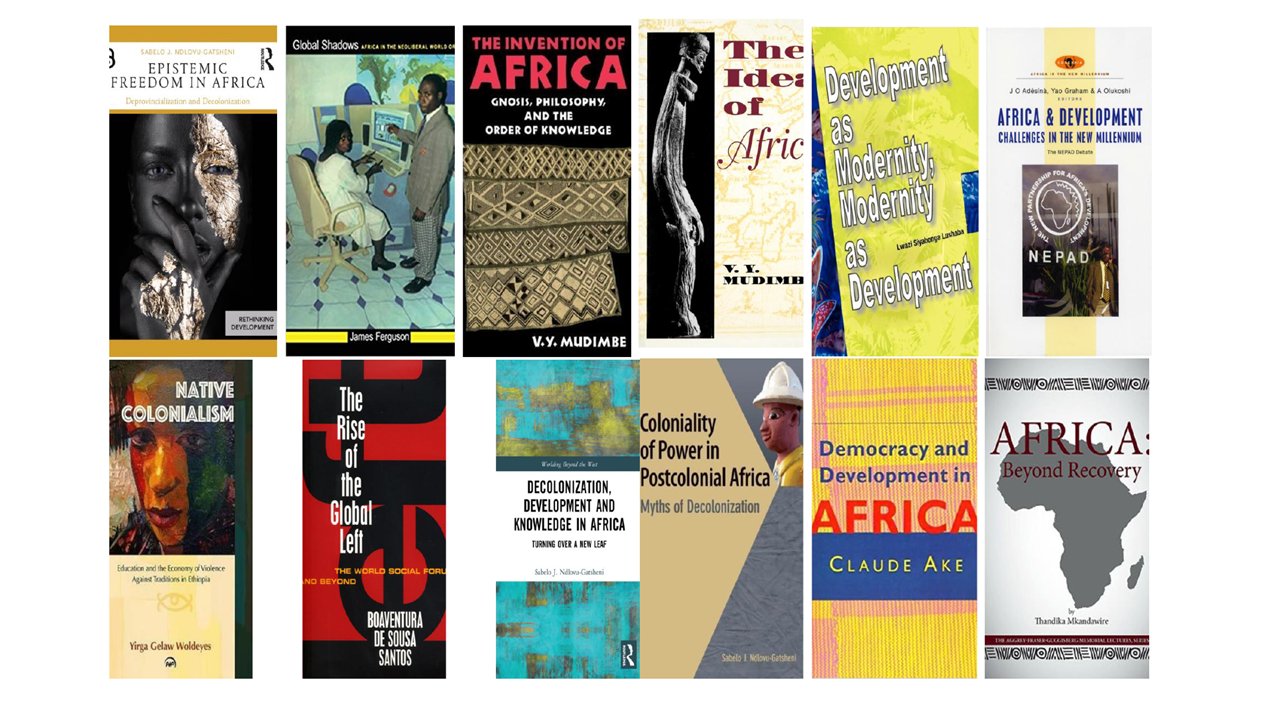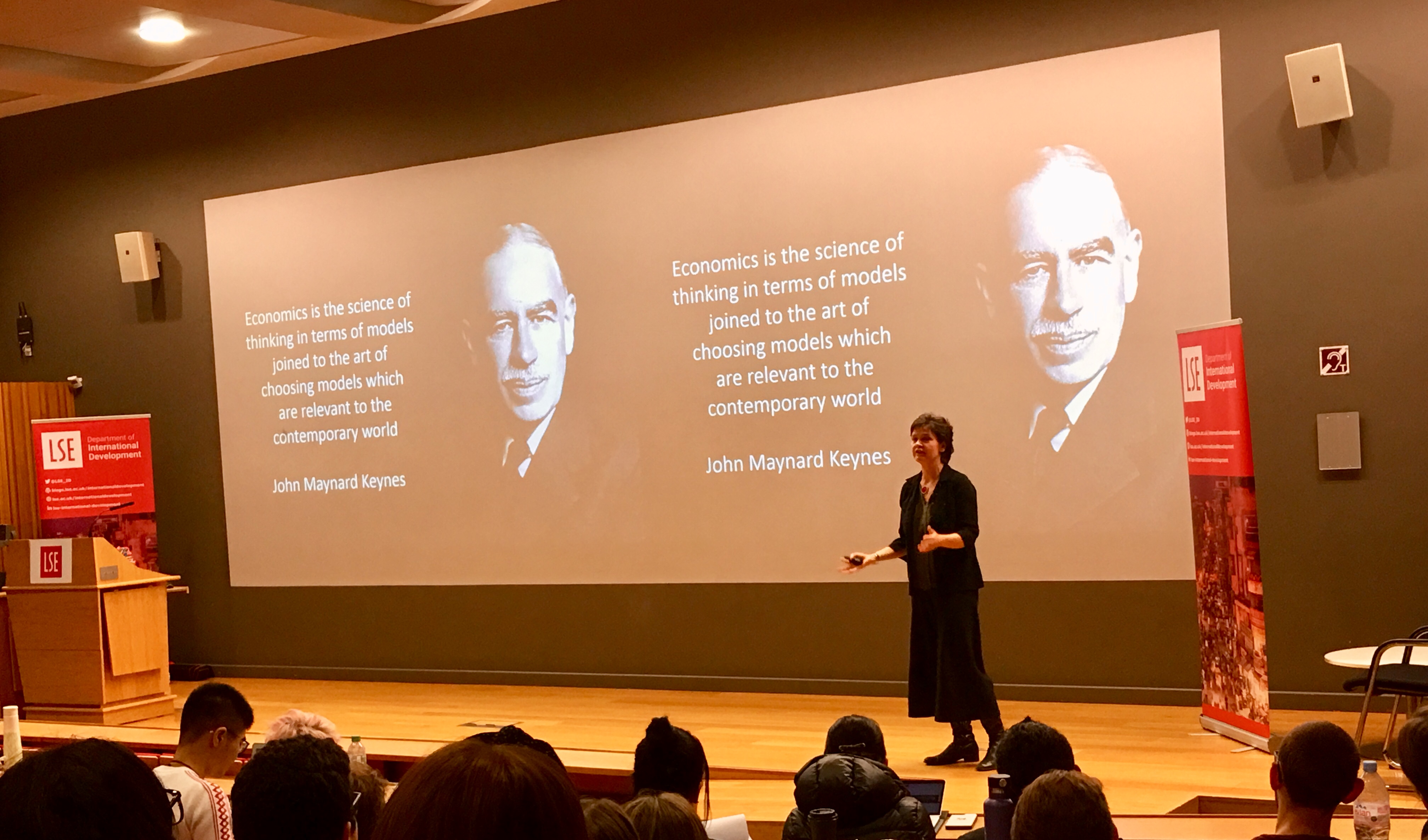As Refugee Realities, a series of student-produced podcasts, enters its second season, Ian Madison, the convener of the series, reflects on the need and usefulness of this project. This article was originally published on the LSE Higher Education Blog.
In June of last year, a group of students took part in a unique initiative. They sought to provide a snapshot of some of the key issues animating the global refugee regime to mark and celebrate Refugee Week in the UK. They did this by reaching out to individuals working at international organizations, volunteering at NGOs, or those who had simply lived through the experience of displacement and the uncertainties of applying for asylum. After interviewing them and editing the content, 15 students produced 11 podcasts on an eclectic mix of topics—from bird’s-eye challenges of understanding migration through big data to the bottom-up individual stories of navigating displacement.
Though covering different topics, each episode contributed by taking the knowledge they’d gained from the course and applying it to real-world issues and individuals. The result was the first season of Refugee Realities, a series of student-produced podcasts on the Forced Migration and Refugees course at LSE. Their achievement is even more remarkable considering the circumstances. Thanks to Covid restrictions, none of the students had met each other in person and all the interviews were done online.
Thanks to Covid restrictions, none of the students had met each other in person and all the interviews were done online.
This year marks the second season of Refugee Realities. Altogether 11 students worked either individually or in pairs to complete eight podcasts, interviewing an equally eclectic range of people. Once again, the aim was to provide a snapshot of the key issues. What becomes clear is how rapidly the terrain of forced displacement has shifted in just one year.
Among the topics the student hosts cover, the unfolding displacement crisis in Ukraine is perhaps the most obvious example of how much has changed. Some 15 million people have either fled the country or have been internally displaced in the four months since Russia’s invasion, turning this into the largest refugee crisis in Europe since the Second World War. One of our episodes this year, Episode 5, tries to get a sense of how ordinary Ukrainians have coped with such extraordinary upheaval.
The displacement crisis in Ukraine is devastating, yet the overwhelming levels of global attention that it provoked has meant several other crises have flown under the radar. One of these is Afghanistan. In August the Taliban re-took Kabul after a 20-year hiatus, prompting desperate scenes at Kabul’s airport and, as Episode 6 details, uncertainty in the UK as Afghan asylum seekers and the British Red Cross search for adequate housing.
New crises have re-shaped the refugee regime in important ways. But previous ones continue apace. For example, Iraqi and Syrian refugees, as Episodes 3 and 4 highlight, continue to struggle in navigating an opaque asylum process and the realities of living in a new country, though many have also shown remarkable resilience and initiative in adapting to their new lives. Grassroots NGOs in Calais and the UK, as Episodes 7 and 8 explore, continue to advocate for refugee rights. And one concerning overlap with last season is the continuing impact of climate change on displacement, especially for people living in low-lying coastal regions such as the Caribbean, as seen in Episode 2.
Like last year, all the episodes in this season tackle broad issues related to forced displacement. Yet many also zoom in to explore these through personal experience or from the reflections of individual practitioners such as Mark Lowcock, the former head of the UN humanitarian agency. As Mark reflects in Episode 1, it’s the personal stories that stick with him after four years of managing some of the most vexing humanitarian and displacement crises in the world.
Podcasting about the challenges of the global refugee regime helps share these stories, but it also holds pedagogical value. Being part of the Forced Migration and Refugees course means that across the term, MSc students participate in lectures and seminars to dig into the core debates animating the field of refugee studies. Along the way they engage with an eclectic mix of disciplinary traditions and empirical case studies, from the psychology of decision-making and the sociology of international organizations to legal arguments around incorporating gender and climate change into the refugee convention. It’s a broad, challenging syllabus that provides a holistic overview of the field. However, much of the material, by necessity, is scholarly work about refugees provided to students.
Students are no longer simply consuming academic literature; they are actively co-producing knowledge
Participating in the Refugee Realities series flips this around. Students use their knowledge of the topic to seek out individuals to interview. Often these are refugees themselves, creating a platform not only to engage with issues that matter to them, but to provide a space for refugee voices to be heard. Students are no longer simply consuming academic literature; they are actively co-producing knowledge, making their own contributions and providing insights to the field. Producing a podcast means taking charge of one’s learning, marshalling it to a purpose, and creating something new in the process.
The outcome—much like last year’s season—is a collection of applied qualitative research, a genuine contribution to the field of refugee studies, and a snapshot of the state of refugees and forced displacement in 2022. To mark World Refugee Day and UK Refugee Week (20-26 June), the LSE HE Blog and the Refugee Realities podcast series released episodes every day last week. I hope you enjoy Season 2 as much as I have.
Note: The Refugee Realities podcast series was made possible with a grant from the Eden Catalyst Fund from the LSE Eden Centre for Education Enhancement.
The views expressed in this post are those of the author and in no way reflect those of the International Development LSE blog or the London School of Economics and Political Science.
Photo credit: Will Francis on Unsplash.





